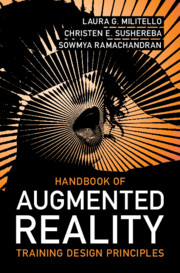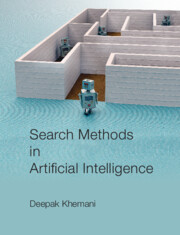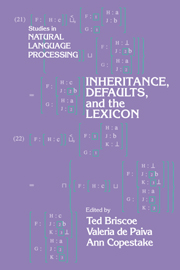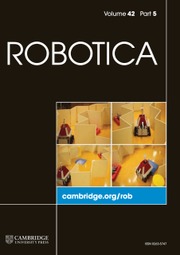Handbook of Augmented Reality Training Design Principles
The Handbook of Augmented Reality Training Design Principles is for anyone interested in using augmented reality and other forms of simulation to design better training. It includes eleven design principles aimed at training recognition skills for combat medics, emergency department physicians, military helicopter pilots, and others who must rapidly assess a situation to determine actions. Chapters on engagement, creating scenario-based training, fidelity and realism, building mental models, and scaffolding and reflection use real-world examples and theoretical links to present approaches for incorporating augmented reality training in effective ways. The Learn, Experience, Reflect framework is offered as a guide to applying these principles to training design. This handbook is a useful resource for innovative design training that leverages the strengths of augmented reality to create an engaging and productive learning experience.
- Provides eleven evidence- and theory-based design principles and gives examples of applications, establishing the foundation for training design
- Links real world experience designing simulation-based training with scientific literature
- Emphasizes importance of training for recognition skills in high-stakes domains
- Synthesizes design principles in the Learn, Experience, Reflect framework, which provides a practical structure for training design
Reviews & endorsements
'This handbook lays out the foundations of skilled decision making and cognitive performance, focusing on recognition skills as fundamental. Designing training for developing and improving cognitive performance has been a hidden practice offered by only a very few pioneering researchers and practitioners until now. This book opens the lid on how to do this effectively based on both cutting-edge theory and models in cognitive performance, as well as an understanding of the technology offering. Every technology company investing money into developing these technology-driven mixed-reality training systems should be reading this to ensure relevance, utility, usability, and adoption to their training organisation customers.' Rob Hutton, University of the West of England, UK
'Augmented reality applications are unlikely to have an impact without guidelines for putting the technology into practice, and that's what this book delivers. It is clearly written, with a number of good examples. This book's implications extend beyond augmented reality - implications for anyone wanting to improve training programs.' Gary Klein, Cognitive Psychologist and CEO of ShadowBox LLC
'Finally! A gem of a handbook on how to design virtual learning experiences. Building on the science of learning, this handbook offers practical guidance to create training that makes a difference and works. A must source for scientists, instructional designers, practitioners, and for all who engineer technology-based learning environments.' Eduardo Salas, Rice University, USA
Product details
No date availableAdobe eBook Reader
9781009216142
0 pages
Table of Contents
- 1. Introduction
- 2. Engagement
- 3. Scenario Building
- 4. Fidelity and Realism
- 5. Supporting Mental Model Construction
- 6. Scaffolding and Reflection
- 7. Synthesis
- 8. Conclusion
- References
- Index.








